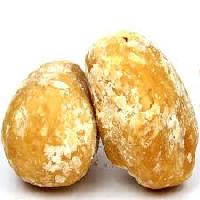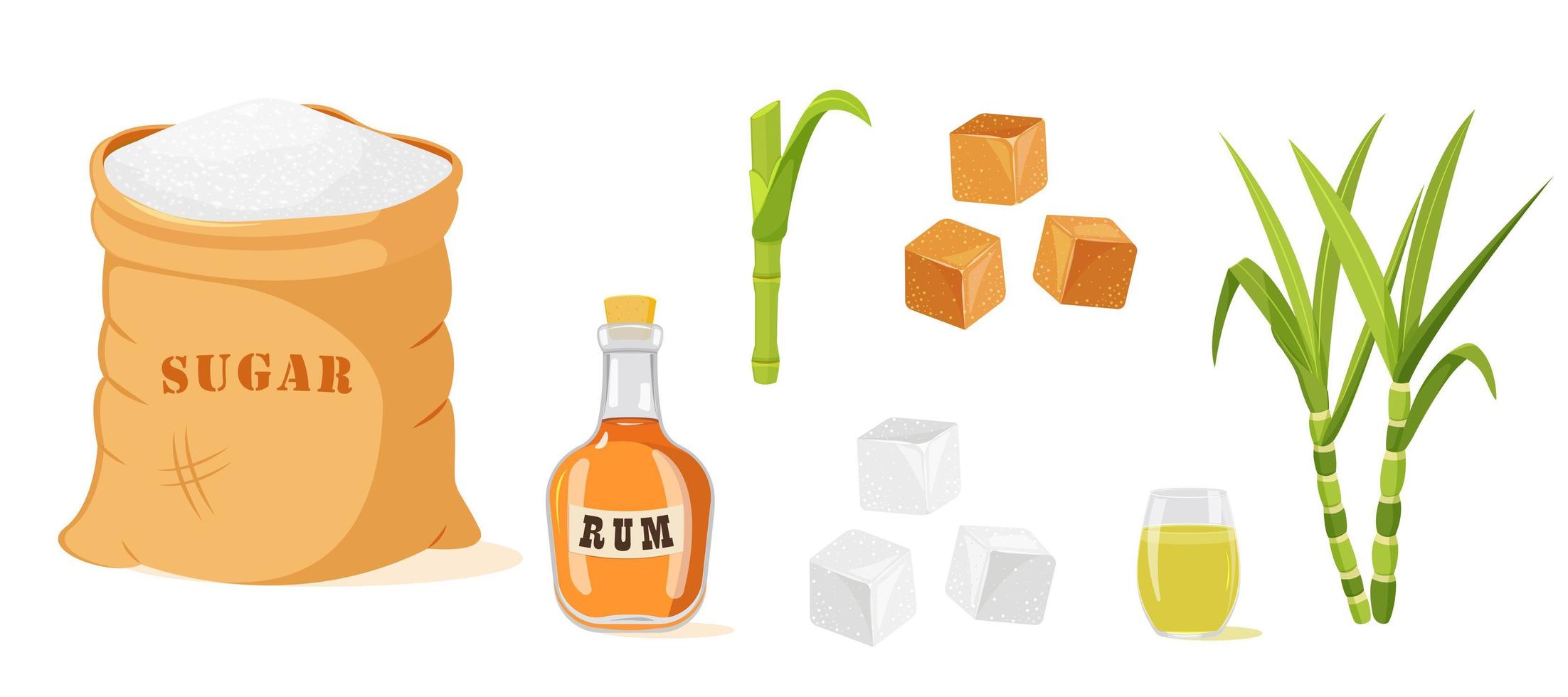Understanding the Production Process of Sugarcane Product for Shoppers
Understanding the Production Process of Sugarcane Product for Shoppers
Blog Article
Lasting Sugarcane Products: From Sweeteners to Eco-Friendly Goods
The potential of lasting sugarcane items prolongs past conventional sugar to incorporate an array of environment-friendly goods, presenting an engaging situation for their assimilation into contemporary customer practices - sugarcane product. As the world faces pushing ecological issues, sugarcane emerges as a versatile source capable of resolving both dietary demands and sustainability objectives. This conversation will certainly explore just how innovations in sugarcane growing and handling can cause significant developments in biodegradable product packaging and eco-conscious textiles. What ramifications might these developments have for future customer selections and ecological effect?
Introduction of Sugarcane Sustainability
As the demand for ecologically pleasant items expands, understanding sugarcane sustainability becomes progressively vital. Sugarcane, a functional crop, is grown mainly in tropical and subtropical regions, and its sustainability is vital for both environmental wellness and financial feasibility. Sustainable sugarcane farming techniques focus on decreasing eco-friendly effect while making best use of performance and productivity.
Secret aspects of sugarcane sustainability consist of reliable land usage, minimized chemical input, and improved water administration. Practices such as crop turning, integrated bug administration, and organic fertilizing add to soil wellness and biodiversity. Additionally, ingenious technologies, such as precision agriculture, help maximize resource usage and decrease waste.
In addition, sugarcane is an eco-friendly resource, with byproducts that can be used in various industries, from biofuels to naturally degradable plastics, thus lowering reliance on fossil gas and lessening carbon impacts. Accreditations like the Bonsucro typical encourage sustainable methods throughout the supply chain, promoting openness and liability.

Sugarcane-Based Sugar
Using sugarcane as a key resource, sugarcane-based sweeteners have actually acquired prominence as natural options to man-made sugar and polished sugars (sugarcane product). These sweeteners, originated from the removal and processing of sugarcane juice, offer a variety of items that accommodate diverse customer choices, consisting of organic and minimally processed alternatives
Among the most noteworthy sugarcane-based sweeteners are raw walking stick sugar, panela, and molasses. Raw walking stick sugar retains even more of the natural flavors and nutrients found in sugarcane, making it a preferred selection for health-conscious consumers. Panela, a conventional Latin American sugar, is generated by evaporating sugarcane juice, maintaining its natural minerals and vitamins. Molasses, a result of sugar removal, is abundant in antioxidants and essential nutrients, serving as a nourishing sweetening representative in numerous cooking applications.
The growing demand for sugarcane-based sugar is driven by raising recognition of wellness and sustainability problems related to standard sugar. By choosing sugarcane-derived items, consumers not just sustain sustainable farming practices however also add to a much healthier lifestyle, straightening their dietary options with their ecological worths.
Eco-friendly Packaging Solutions
Becoming a practical choice to standard plastics, naturally degradable packaging options stemmed from sugarcane are changing the product packaging sector. These cutting-edge products supply an eco pleasant option that attends to the expanding issues over plastic air pollution. Making use of the natural sugars found in sugarcane, manufacturers are Clicking Here establishing different kinds of biodegradable packaging, including movies, containers, and wraps that decay much more swiftly than traditional plastics.
The primary advantages of sugarcane-based product packaging hinge on its eco-friendly sourcing and its ability to damage down into non-toxic byproducts. Unlike fossil fuel-derived plastics, which can continue the setting for centuries, sugarcane product packaging normally decays within a few months under proper problems. This decrease in waste not just minimizes land fill overflow yet likewise reduces the carbon footprint related to packaging materials.
Furthermore, sugarcane-derived product packaging maintains durable performance attributes, offering similar longevity and capability to standard alternatives. As businesses and customers increasingly prioritize sustainability, the adoption of naturally degradable packaging remedies represents a significant action in the direction of a circular economic climate, where materials are reused and regrowed instead of disposed of. This shift not only enhances brand photo however additionally adds to a more sustainable future for the planet.
Eco-Friendly Textiles and Fabrics
Environmentally friendly textiles and materials are gaining grip in the fashion and home goods industries as customers increasingly require sustainable alternatives to conventional products. Among the noteworthy options are materials stemmed from sugarcane, which supply an eco accountable alternative to synthetic fibers. These textiles are generated through a process that utilizes the renewable energies located in sugarcane, considerably minimizing reliance on petroleum-based materials.

Brands are increasingly integrating environment-friendly textiles into their item lines, showing a more comprehensive dedication to sustainability. This shift is not merely a trend however a needed evolution in response to ecological concerns. As the marketplace for sustainable textiles expands, consumers can anticipate cutting-edge styles that incorporate style with environmental obligation. Eventually, eco-friendly textiles and materials stand for a substantial action towards decreasing the apparel industry's environmental footprint while satisfying the growing demand for accountable customer selections.
Technologies in Sustainable Farming
Reinventing farming techniques, technologies in lasting click this farming are changing the way plants are expanded and handled. These developments concentrate on decreasing ecological influence while taking full advantage of performance and performance.

Moreover, agroecology, which integrates eco-friendly principles into farming, promotes biodiversity and soil wellness. Practices such as plant rotation, cover chopping, and intercropping foster durable ecological communities that can stand up to insects and environment variations - sugarcane product. Furthermore, making use of natural fertilizers and biopesticides adds to much healthier soils and ecological communities

With each other, these developments are not only improving the farming landscape however additionally adding to a much more sustainable future for sugarcane and various other crops, aligning agricultural exercise with environmental stewardship.
Conclusion
Sustainable sugarcane products represent a substantial innovation in environment-friendly choices, browse around this site covering from all-natural sugar to eco-friendly products. The farming of sugarcane via lasting methods not just boosts ecological health however additionally adds to financial stability. As customer choices progressively lean towards sustainable choices, the versatility of sugarcane as a renewable energy comes to be progressively pertinent. This trajectory emphasizes the value of ongoing innovation and dedication to sustainable practices within the sugarcane market, fostering a more sustainable future.
The potential of sustainable sugarcane products extends past traditional sweeteners to include a variety of green items, offering a compelling case for their assimilation into modern customer techniques. Sustainable sugarcane farming methods concentrate on lessening eco-friendly influence while making the most of productivity and profitability.
Lasting sugarcane products stand for a significant advancement in environmentally friendly options, extending from natural sweeteners to eco-friendly goods. The cultivation of sugarcane through lasting methods not just enhances ecological health and wellness but additionally adds to economic feasibility. As customer preferences progressively lean in the direction of sustainable choices, the convenience of sugarcane as a sustainable source becomes significantly pertinent.
Report this page